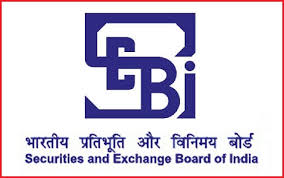 Rating agency Moody’s Investors Service revised its outlook on India’s banking system to “stable” from “negative” on Monday, saying an improving economy would help temper problem-loans on banks’ books.
Rating agency Moody’s Investors Service revised its outlook on India’s banking system to “stable” from “negative” on Monday, saying an improving economy would help temper problem-loans on banks’ books.
Moody’s, however, cautioned that any recovery in asset quality would be gradual given the high debt levels in Indian companies.
Indian banks, particularly state-run banks, have been saddled with bad loans estimated at nearly $50 billion as the economy slowed sharply in the last three years.
But recent earnings reports, including from top private sector lender ICICI Bank, suggested asset quality may be stabilising.
Moody’s said it expected India’s economy to grow around around 7.5 per cent in 2015 and 2016 each, supported by low inflation and gradual implementation of structural reforms.
“The stable outlook on India’s banking system over the next 12-18 months reflects our expectation that the banks’ gradually improving operating environment will result in a slower pace of additions to problem loans, leading to more stable impaired loan ratios,” Moody’s said in the statement.
“However, the recovery in asset quality will be U-shaped rather than V-shaped, because corporate balance sheets remain highly leveraged.”
Moody’s also noted that capital levels remained weak for state-owned banks, with common Tier 1 ratios of only 6 to 10 per cent, though lenders retain plentiful of access to funding and liquidity.
Moody’s had downgraded India’s banking system outlook to “negative” in November 2011.
The ratings agency had upgraded India’s sovereign outlook to “positive” in April, while retaining its rating at “Baa3”.





